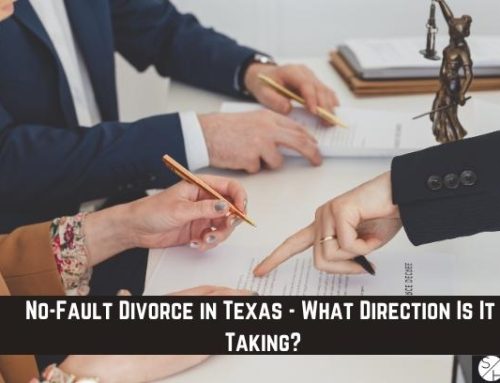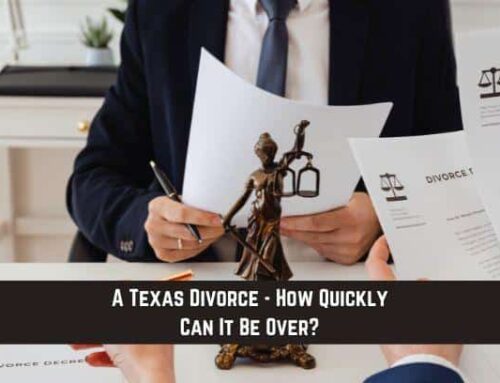A doctor (I’ll call her Joan) recently called me, concerned about pursuing a divorce from her husband who was also a physician and worried that a public and contentious divorce would expose her husband’s alcoholism and jeopardize his professional standing and even his medical license.
Both parties owned an interest in professional practice groups, escalating Joan’s concern that their practice partners would be drawn into a valuation dispute and learn details of their personal lives she would rather keep private.
While the husband loved their two children dearly, Joan feared for their safety if they were with him alone and he was drinking.
Again, Court involvement in a divorce and a custody evaluation would guarantee a battle with troubling facts laid bare.
The Demands and Regulation of Professionals
Professionals are people, too and often, it’s the constant pressure and demand for perfection that drives many to find solace in negative behaviors and addictions.
Professionals are closely regulated for protection of the public and reports of misconduct can lead to the loss of a career.
In cases such as these when the stakes are high and need for privacy great, I recommend Collaborative Divorce - and let me tell you why.
What Is Involved With A Collaborative Divorce?
First, let’s be clear: a Collaborative Divorce isn’t a “friendly” divorce or a divorce free of conflict.
Quite the contrary, the Collaborative Divorce model is built to handle conflict, just in a better way.
In Collaborative Divorce, we build a wall of privacy and confidentiality around divorcing couples so they may address conflict and sensitive issues by themselves with the help of a team of legal, mental health, and financial professionals.
When you go Collaborative, you and your spouse sign a participation agreement stating there will be no filing of motions or hearings in court during the collaborative process.
As I say, putting away the matches prevents many fires.
Focus on Issues and Problem Solving - Not Court Appearances
Rather than positioning for court, Collaborative Divorce clients participate in a number of sessions focused on the issues and problem solving.
- The Collaborative Mental Health Professional often leads the way, diffusing tension, improving communications, and directing parenting plan development.
- The Financial Professional works with the couple to prepare a consolidate asset inventory with valuations and explores asset division scenarios.
- The collaboratively-trained lawyer provides his or her knowledge of Texas Family Law and counsels clients to seek resolution, not just advantage.
When divorcing couples have the advantage of understanding divorce law and process while taking responsibility for their own outcomes, they emerge from divorce with agreements built to last.
Think About Divorce - Don't Just React
When you as a professional think about divorce, rather than react to divorce, you’ll want to consider Collaborative Divorce as an effective solution that can bring more positive outcomes for both partners than a contentious, high profile court-battled divorce.
If you want to know more about Collaborative Divorce and how it can help professionals, seek the services of a trained and experienced divorce lawyer and Family Law Specialist.
Schreier & Housewirth Family Law
1329 College Avenue, Suite 100
Fort Worth TX 76104
817-923-9999
Gregory L. Housewirth is a Board-Certified Family Law Specialist practicing in Fort Worth Texas. With 30 years of family law experience, Mr. Housewirth has represented hundreds of clients in divorce, custody, CPS, modification, and grandparent cases. In addition, Mr. Housewirth is a qualified family law mediator and a member of Collaborative Law Texas, a practice group dedicated to promoting collaborative divorce in Texas.






